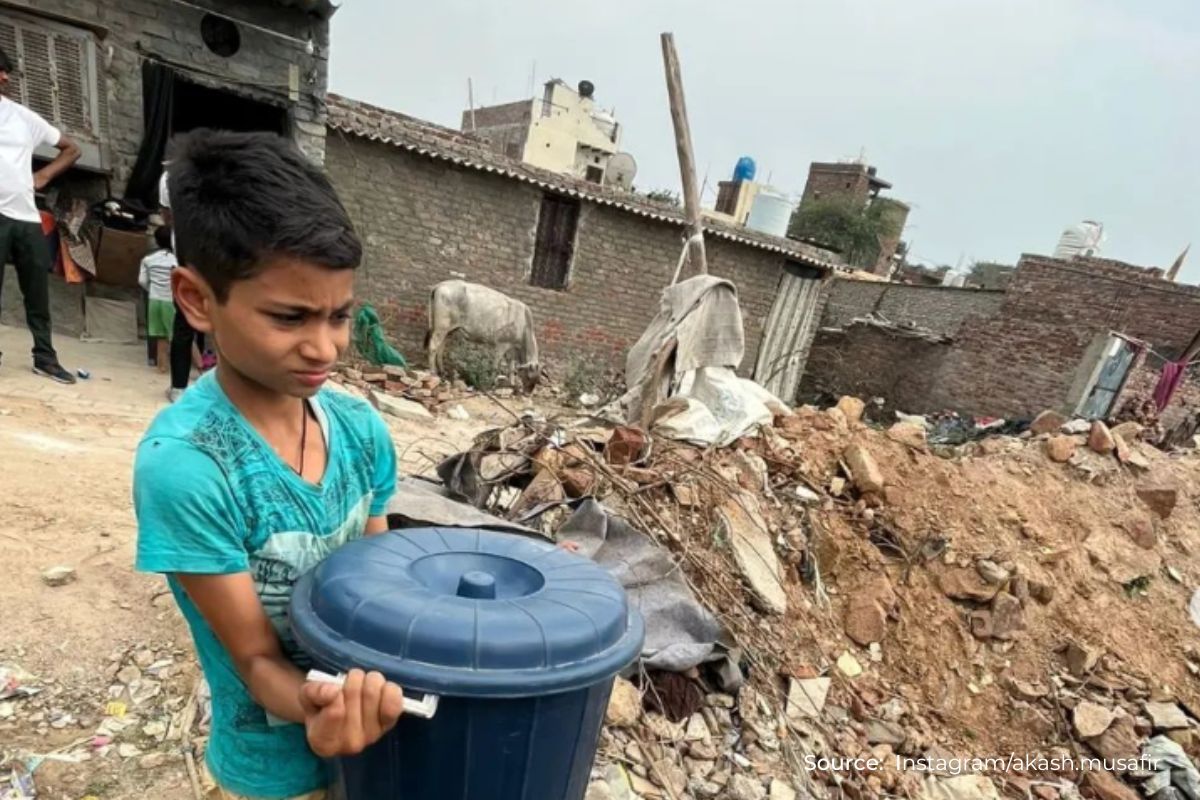As Delhi prepares for the G20 summit, the city has seen a massive wave of demolitions with more than 1,600 houses destroyed in the past three months. The beautification campaign has left thousands of people homeless and sparked outrage among residents and activists.
According to reports, at least 8 shelters protested at Kashmiri Gate and more than 5,000 people were affected. In Moolchand Basti, 600 houses were demolished, leaving 2,940 people displaced. In Dhaula Kaun, 125 eviction notices were served and 612 people were affected.
Similarly, in the Yamuna floodplains, 150 homes were demolished and 1,000 eviction notices served, leaving 4,900 people affected. In Mehrauli, 25 houses were demolished and 700 eviction notices were served, leaving 3,430 people affected.
The Tughlakabad area has been hardest hit, with more than 1,300 houses demolished and 1,248 eviction notices served, leaving 2.5 lakh people affected.
Despite official promises that no one residing in a location associated with summit infrastructure would be callously and inhumanely evicted, many residents have been forced to endure significant trauma.
Between February 10 and 13, the Delhi Development Authority (DDA), which reports to the union government, reportedly demolished at least 25 houses in one locality, including apartments, detached houses and informal settlements.
The demolition campaign was halted on February 14, when the Delhi High Court ordered a stay. A day earlier, Delhi Lieutenant Governor Vinai Kumar Saxena had instructed the DDA to halt the demolitions until further notice.
The demolitions have caused great distress among residents, with many families losing their homes and belongings overnight. Police use of harsh force during demolitions has also been reported, with residents complaining that officers pull their hair and use excessive force.
Prime Minister Narendra Modi urged G20 finance chiefs to focus on helping the “most vulnerable” even as his government carried out demolitions of homeless shelters and the homes of Delhi’s poorest residents. . The hypocrisy of the government’s actions has been denounced by activists and citizens alike.
The G20 summit, a premier international forum for economic cooperation, will take place on September 9-10, and the city is rushing to finish its beautification plans ahead of the event. However, the cost of this preparation has been borne by the city’s most vulnerable residents, who have been left homeless and destitute.
The Delhi High Court has ordered the state to strictly follow the eviction regulations before carrying out any demolition of unauthorized structures in the city. The court made the observation while hearing a petition filed by a group of people facing eviction from their homes.
Citing various laws, including the Public Premises (Eviction of Unauthorized Occupants) Act 1971, the New Delhi Municipal Council Act 1994, the Delhi Municipal Corporation Act 1957, and the Slum Areas (Upgrading and Cleanup) of 1956, the court said that the State must give adequate notice to the occupants before carrying out any demolition.
Keep Reading
- Demolition drive in Tughlakabad leaves 1300 residents homeless
- Kapico Resort demolition, Fishermen’s 14 years of struggle
- Prayagraj demolition: How Afreen Fatima’s house was illegal?
Follow Ground Report for Climate Change and Under-Reported issues in India. Connect with us on Facebook, Twitter, Koo App, Instagram, Whatsapp and YouTube. Write us on GReport2018@gmail.com






